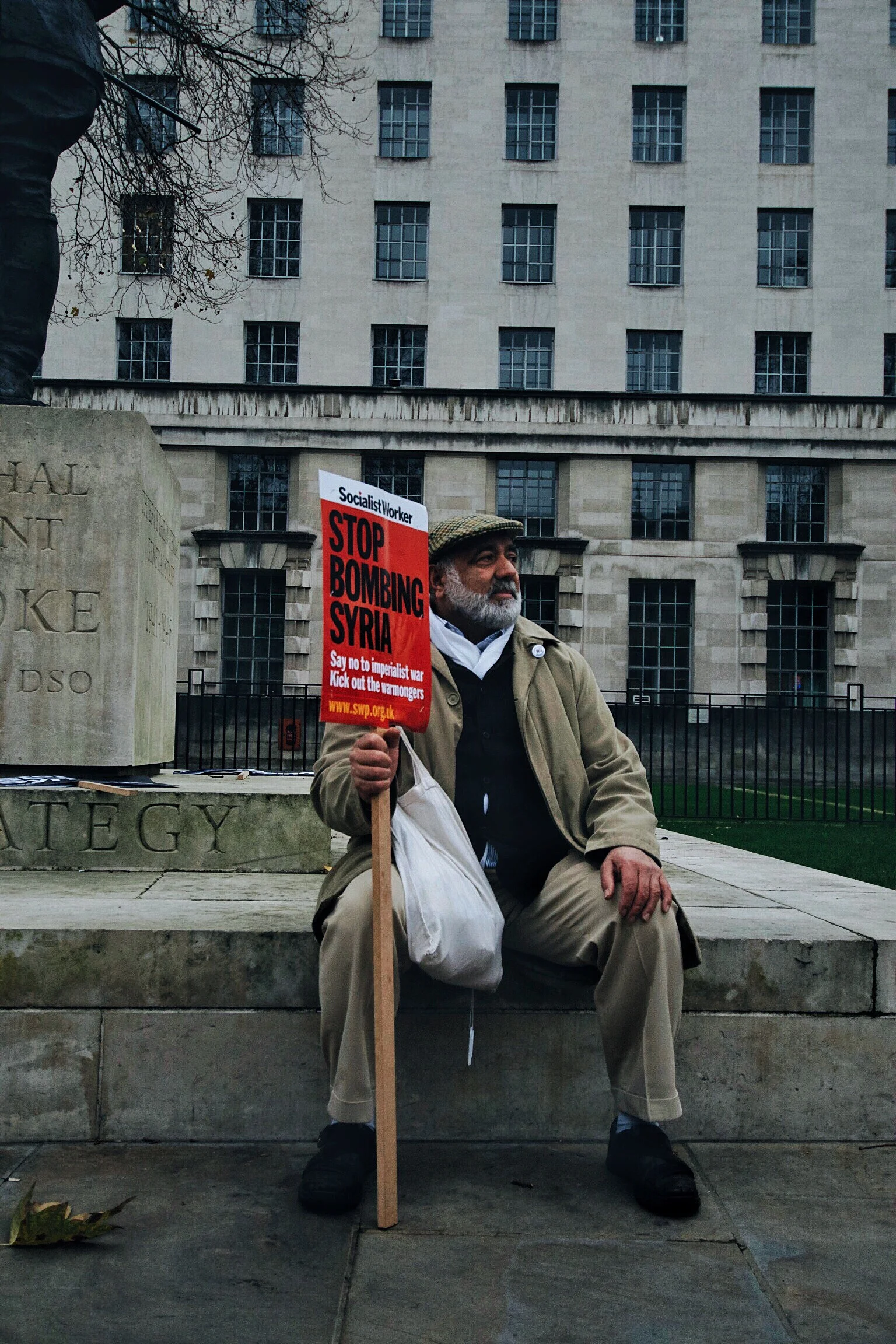Threatened. For along time I've put off going to Brixton to shoot. So many reasons. I grew up there. My memories of Brixton are imbued with the life and youth I grew up in, visiting the markets with mum, dad, uncles, aunts, as a little boy, looking without self motive. Revisiting hasn't been straight forward.
I knew Brixton before the gentrification. Now full with the middle class, then it was rough and frankly a little intimidating, at least that's how I remember it. The riots, the drug dealers, and ticket touters regular customers at my parents Wimpy. We knew them all individually, saw some go in and out of prison on holiday, and people that were forever working class, locals and regulars, families, some hardened by life, the punks, the neighbouring businesses, all are faces and interactions etched in my mind that my parents watched grow up or old. We were part of the community and so were not surprised when we informed of the impending riots. Why would we be, we were integral to the community.
I grew up in a bubble there protected by my parents who were my age now. I grew up seeing them thrive and survive to build what they've built today. Yet every time I went to the Wimpy, I would see the poverty that we worked within, and how we were imbedded to its community. All my attributes with people come from there. I never understood my generations slacker mumbling affect (on display after concerts at the Academy) and so was motivated to interact actively with people. Why everyone was convinced I would make a brilliant doctor. Talking to people seemed easy.
I knew it was coming though. Brixton isn't a tourist place. It's small, just a couple of roads but are dense with stalls and shops and busy with people. It's a real community and I knew going shooting would be tricky, especially with other photographers. You need tact and I don't yet have that, to be almost invisible in the city. We all were shouted at, questioned, or just derided for our presence and within minutes we felt we needed to leave.
I shot several people and most of the ones that clocked all seemed offended. More offended as this isn't a place that street photography is prevalent, say like it is in Shoreditch. We were intruding. And it's uncomfortable realising you may be taking a photo of a person because they are black and not because there was a moment to capture. And when people know of your presence, it's as though the vibe spreads throughout. And then you are found out.
Perhaps it's symbolic that it happened in Brixton. Today I went back home and in some way betrayed my past interactions within that community. What should grow from it is a better way of practising street photography. A more ethical way.








































